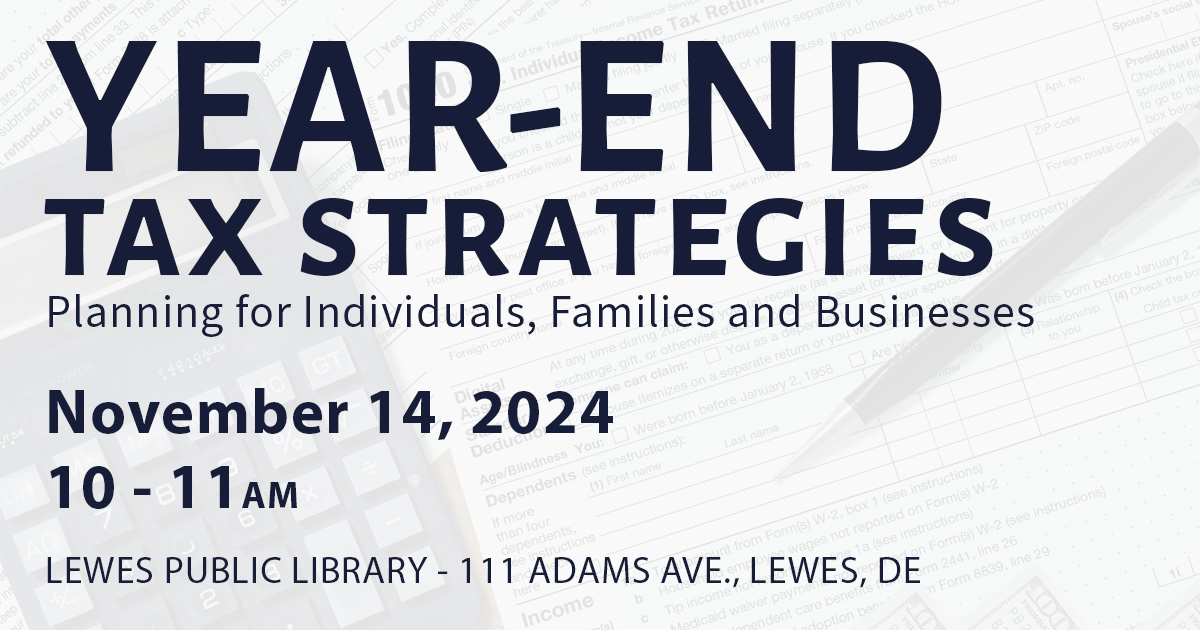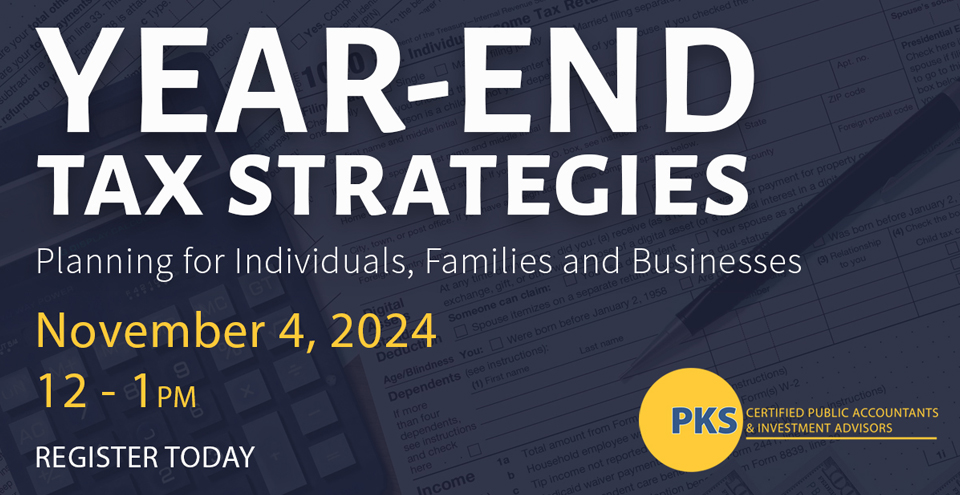The IRS has launched a new online tool that can help families determine whether they qualify for the Child Tax Credit (CTC) and the special monthly advance payments that begin on July 15. The interactive tool is called the “Advance Child Tax Credit Eligibility Assistant” and it can be accessed here.
In order to determine if you’re eligible for the payments, you’ll need to answer a series of questions about yourself and your family members. The tool can be used by anyone, but the IRS states “it may be particularly useful to families who don’t normally file a federal tax return and have not yet filed either a 2019 or 2020 tax return.”
Using this tool can help these parents decide whether they should take the next step and register for the CTC payments on another new IRS tool unveiled earlier (called the “Non-Filer Sign-Up Tool“).
The IRS explained that most families don’t need to take any action. Eligible families who already filed, or plan to file, 2019 or 2020 income tax returns shouldn’t use the Non-Filer Sign-Up Tool. Once the IRS processes their 2019 or 2020 tax returns, the information will be used to determine eligibility and issue advance payments.
Yet Another IRS Tool
The IRS also launched a “Child Tax Credit Update Portal” that allows parents to view information about payments and lets them opt out of receiving payments if they wish. You can access the portal here. You need to verify your identity in order to use the portal.
About the CTC payments
The advance CTC payments were established under the American Rescue Plan Act (ARPA). The IRS has stated that “roughly 39 million households — covering 88% of children in the United States — are slated to begin receiving monthly payments without any further action required.”
Taxpayers are allowed a CTC for each qualifying child. The credit was temporarily expanded and made refundable for 2021 by the ARPA. It phases out for taxpayers with adjusted gross incomes (AGIs) over certain thresholds.
Eligible families will receive up to $300 per month for each child under age 6 and up to $250 per month for each child age 6 and older.
The increased credit amount will be reduced (or phased out), for households with modified adjusted gross income (MAGI) above the following thresholds:
- $150,000 for married taxpayers filing jointly and qualifying widows/ widowers;
- $112,500 for heads of household; and
- $75,000 for other taxpayers.
Who Is a Qualifying Child?
For 2021, a qualifying child is defined as one who is under age18 and a child whom the taxpayer can claim as a dependent (in other words, a child related to the taxpayer who generally lived with the taxpayer for at least six months during the year). The child must also be a U.S. citizen or national, or a U.S. resident.
The ARPA increased the maximum CTC — for 2021 only — to $3,600 for children under age 6 and to $3,000 per child for children ages 6 to 17, provided their parents’ income is below a certain threshold.
Under prior law, the maximum annual CTC for 2018 through 2025 was $2,000 per qualifying child but the income thresholds were higher and some of the qualification rules were different.
Advance Payments
Under the ARPA, the IRS was required to establish a program to make periodic advance payments that in total equal 50% of the IRS’s estimate of an eligible taxpayer’s 2021 CTC. These payments are to be made during the period July 2021 through December 2021.
The IRS announced the payments will begin on July 15, 2021 and thereafter, they’ll be made on the 15th of each month unless the 15th falls on a weekend or holiday.
Recipients will receive the monthly payments through direct deposit, paper check or debit cards. The IRS explained that it is committed to maximizing the use of direct deposit. The tax agency also warned families to watch out for scams related to the CTC payments and the Economic Impact Payments the IRS is sending out to help mitigate the financial effects of the COVID-19 pandemic. “The only way to get either of these benefits is by either filing a tax return with the IRS or registering online” at IRS.gov, the IRS stated. “Any other option is a scam.”
Higher-Income Parents May Get a Lower Credit
If your income is too high to receive the advance CTC payments, you may still qualify to claim the $2,000 CTC on your tax return for 2021. The rules are complex. For more information, see our previously published article “Big Changes to the Child Tax Credit for 2021.”
Don’t hesitate to contact us with any questions you may have. The July 15th start day will be here soon!
PKS & Company, P. A. is a full service accounting firm with offices in Salisbury, Ocean City and Lewes that provides traditional accounting services as well as specialized services in the areas of retirement plan audits and administration, medical practice consulting, estate and trust services, fraud and forensic services and payroll services and offers financial planning and investments through PKS Investment Advisors, LLC.
© Copyright 2021. All rights reserved.
Brought to you by: PKS & Company, P.A.





